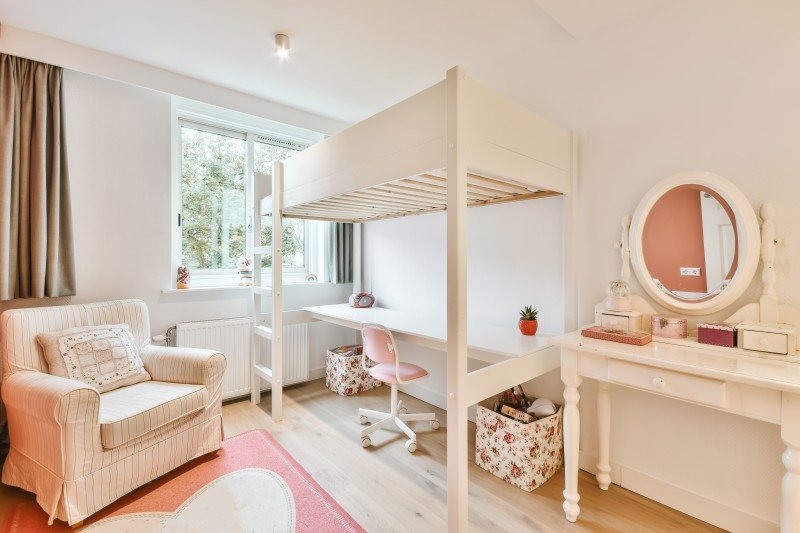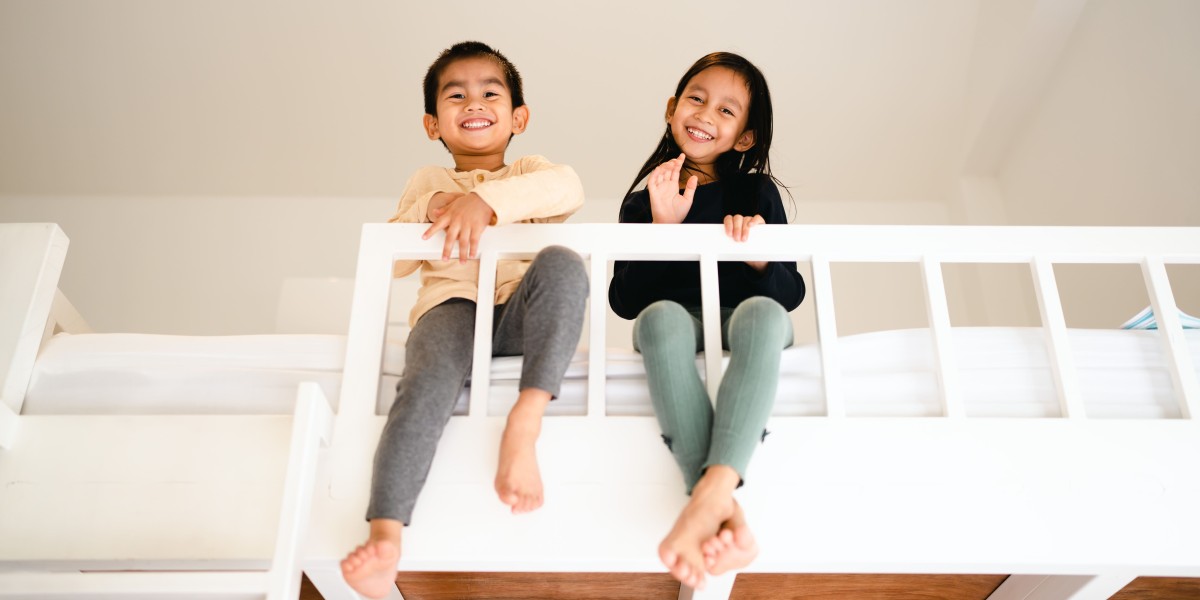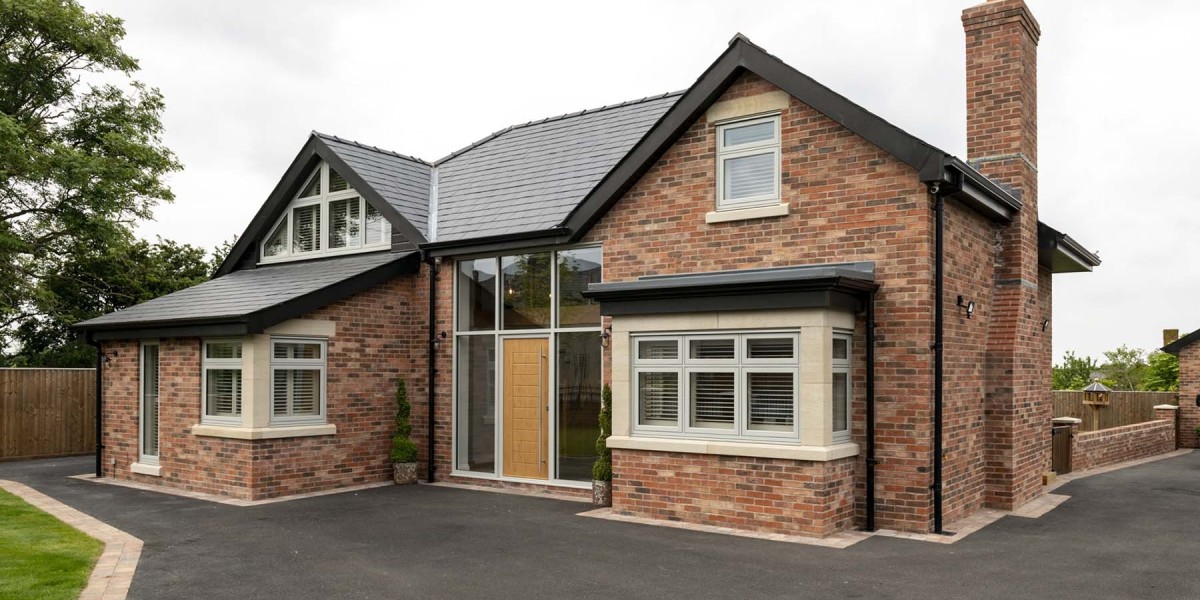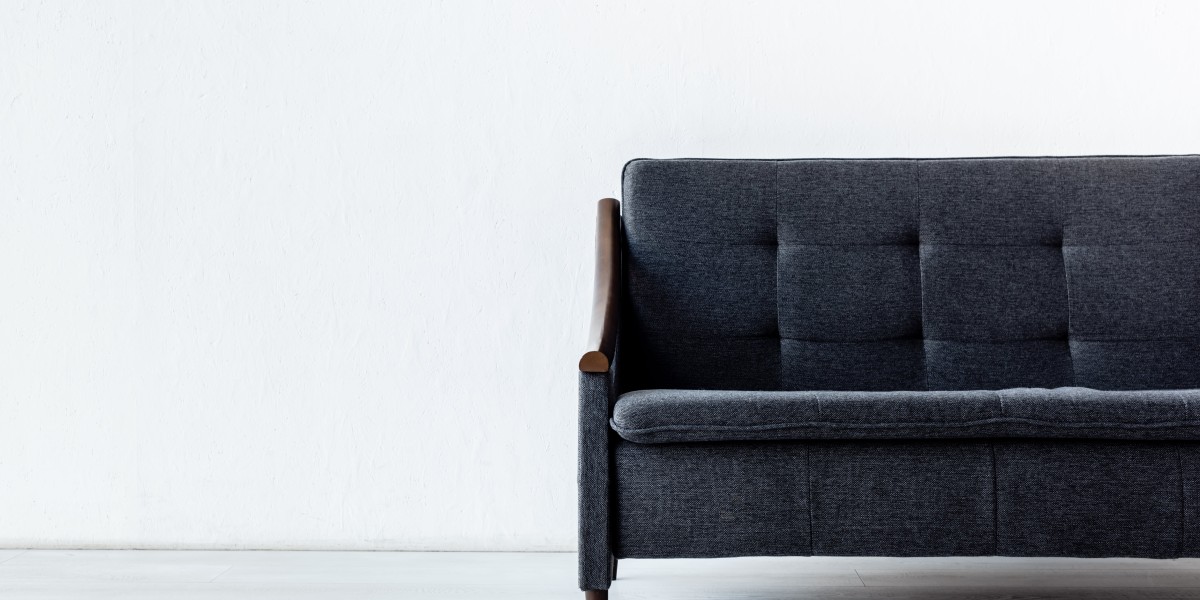Bunk Beds for Kids: A Comprehensive Guide
Bunk beds have been a popular choice for kids's bed rooms for several years. They provide a space-saving service that maximizes floor location, supplies fun climbing up choices, and comes in a range of designs that attract kids's creativities. This post checks out the benefits, factors to consider, styles, and security functions associated with bunk beds for kids (simply click the up coming article).

Advantages of Bunk Beds
Bunk beds present multiple advantages that make them an appealing option for families. Here are some key benefits:
Space Saving
- Bunk beds permit 2 or more children to share a space without compromising space for play or other activities.
Cost-Effective
- Getting a single bunk bed can be more cost-effective than purchasing 2 separate beds.
Fun Factor
- Kids frequently see bunk beds as an enjoyable place to sleep and play, fostering a sense of adventure.
Versatility
- Bunk beds are available in various configurations, consisting of L-shaped, loft beds, and even convertible designs that can change as kids grow.
Organization
- Numerous bunk beds come with built-in storage alternatives, such as shelves and drawers, helping keep rooms organized.
Secret Considerations Before Purchasing
Before investing in a bunk bed, it's important to think about certain elements, such as:
Space Requirements
Step the space to make sure that there is enough vertical space, allowing for sufficient headroom on the leading bunk.Age of Your Children
Consider their age and maturity. Many makers recommend that children under six ought to not sleep in the top bunk due to safety concerns.Weight Limit
It's important to examine the weight limits of the bunk bed for both the leading and bottom bunks to make sure safety.Design Preferences
Choose a style that matches the space's design and the children's choices.Product
Bunk beds are readily available in various materials, such as wood or metal. Each has its benefits and disadvantages relating to resilience and aesthetics.
Styles of Bunk Beds
Bunk beds can be found in various designs to fit various aesthetics and practical needs. Here's a list of some popular styles:
Standard Bunk Beds
Traditional stacked beds that include two beds developed one above the other.Loft Beds
A bed raised high off the ground, with space underneath for a desk, play location, or storage.L-Shaped Bunk Beds
2 beds set up in an L-shape, providing more floor space and a distinct design aspect.Twin Over Full Bunk Beds
These alternatives feature a twin bed on leading and a full-sized bed on the bottom, accommodating older kids or adults.Triple Bunk Beds
Created for three children, these beds normally include three stacked beds, ideal for larger families.
Safety Features to Consider
Ensuring the security of kids using bunk beds is vital. Here are some security features to try to find before buying:
Guardrails
A bunk bed ought to consist of strong guardrails on the leading bunk to avoid accidental falls.Ladders
Guarantee that the ladder is securely connected and simple for kids to navigate securely.Stability
Search for bunk beds with lower centers of gravity and broad bases to supply better stability.Quality Construction
Pick beds made from durable materials that meet safety standards, such as ASTM (American Society for Testing and Materials) regulations.
FAQs About Bunk Beds
1. What age is suitable for a leading bunk?Generally, kids aged 6 and older are advised for oversleeping the leading bunk. 2. Are bunk beds safe for toddlers?Most experts encourage versus
positioning toddlers in the leading bunk due to the
threat of falls and incorrect ladder usage. 3. Can bunk beds be separated?Many bunk beds are created to be separated into two standalone beds,
providing included flexibility as kids grow
. 4. How do I preserve a bunk bed?Regularly look for loose screws and wear, keep bed mattress clean, and ensure that the bunk bed is
steady to lengthen its life expectancy. 5.
Exist any unique mattress requirements for bunk beds?Yes, mattresses for bunk beds must fit snugly without leaving spaces. Usually, thinner bed mattress
(around 6 to 8 inches )are advised for leading bunks for safety. Bunk beds provide a flexible, practical, and enjoyable option for children's sleeping arrangements, optimizing space while accommodating numerous kids in one space. By considering the crucial factors of design, security, and space, moms and dads can make a notified decision when picking the best bunk bed for their children's needs. With the ideal care and maintenance, a bunk bed can be a beloved piece of furnishings that supplies years of use and pleasure for children. Summary Table of Bunk Bed Styles Style Description Best For Requirement Bunk Beds Classic design, 2 stacked beds Smaller sized rooms Loft Beds Elevated bed with open space underneath Research study or play locations L-Shaped Bunk Beds Two beds in an L-shape Included floor space Twin Over Full Twin on the top,
full on bottom Accommodating older kids Triple Bunk Beds Three stacked beds Larger families By understanding the different alternatives offered, designated factors to consider for security and performance, and proper age standards, families can select the perfect bunk bed that not only enhances their living space but likewise makes sure a safe and pleasurable sleeping environment for their children. 







